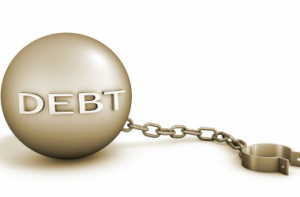Dear Liz: I had to resign from my job as a phlebotomist at a hospital. Did I lose the money that was in my 401(k) or do I still have it? How do I find out?
Answer: Any money you contributed to a 401(k) is yours.
Money contributed by your employer may be subjected to vesting rules that could limit how much you can keep. Company matches may vest over time, giving you access to a portion of what’s contributed each year, or they may vest after a certain number of years, giving you access to all the money.
Say your match vests at 20% each year starting with the second year. You would get nothing if you quit after the first year. After the second year, you would get 20% of the match balance (the company’s contribution thus far plus or minus any gains). After the third year, you would get 40% of the match balance, and so on until you are entitled to 100% of the match balance after the sixth year.
You should contact your company’s human resources department to find out what your options are for your account. You may be able to leave it where it is to grow, which may be your best option until you find another job.
At that point, your next employer may allow you to roll the account into its retirement plan. If you can’t keep the money where it is, open an IRA and have the 401(k) provider send the check directly there.
What you don’t want to do is withdraw the money, since you’ll lose a big chunk to taxes and penalties. Even having the check sent to you to deposit into the IRA is a bad idea, since 20% will be withheld, and you’ll have to come up with that cash from another source to avoid taxes and penalties.


